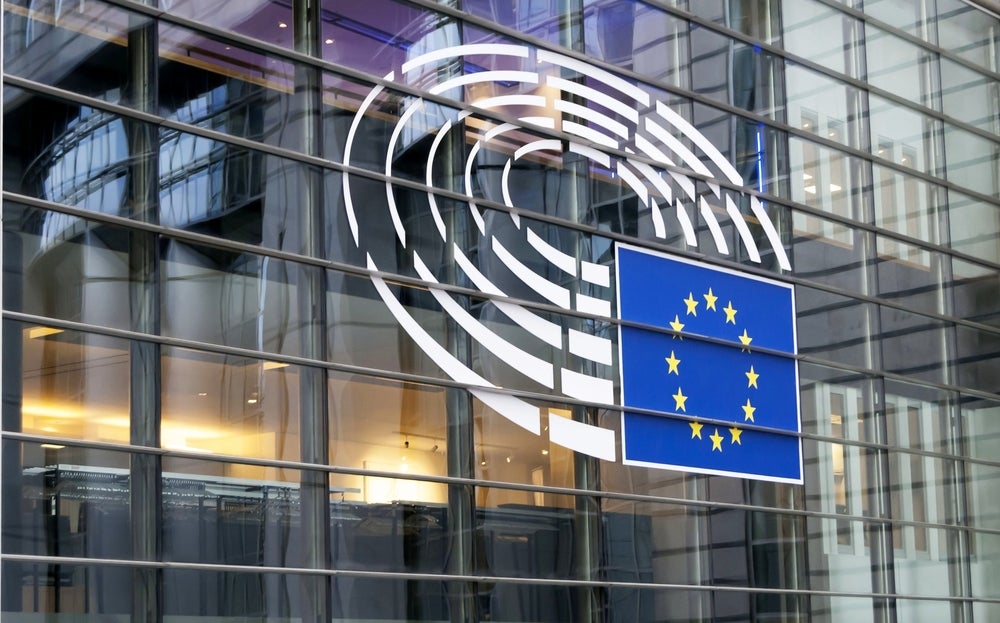
On 22 November the European Parliament adopted its negotiating position on the Commission’s proposal for the contentious packaging and packaging waste regulation (PPWR).
The proposed regulation aims to reduce packaging, restrict the use and circulation of certain types of packaging and ban the use of perfluorinated and polyfluorinated alkyl substances, also called ‘forever chemicals’, as well as bisphenol A.

Discover B2B Marketing That Performs
Combine business intelligence and editorial excellence to reach engaged professionals across 36 leading media platforms.
Another key agenda of the revamped proposal was to change the initially proposed packaging reduction targets to achieve a 10% reduction by 2030, 15% by 2035, and 20% by 2040.
Packaging industry bodies across Europe have acknowledged the vote as a crucial milestone. But with a new Council of the EU presidency due in January 2024, negotiation extensions pose uncertainty for concluding this file within the current mandate.
Zero Waste Europe condemns PPWR vote
Zero Waste Europe has slammed the PPWR proposal, calling it “a position for the wrong century”.
It highlights “unnecessary” itemised packaging formats and a “watered-down text that excluded crucial mechanisms” to reach waste prevention targets.

US Tariffs are shifting - will you react or anticipate?
Don’t let policy changes catch you off guard. Stay proactive with real-time data and expert analysis.
By GlobalDataRaphaëlle Catté, Policy & Research Support, states: “By favouring recycling over reuse, the new derogations in Articles 22 and 26 question the whole foundation of EU waste law, namely the waste hierarchy. Recycling will not stop the waste problem, even with robust systems. It is worrying that not only right and far-right parties, but MEPs from all backgrounds yielded to lobbyist arguments.”
EUROPEN’s reaction to PPWR revamp
The European Organisation for Packaging and the Environment (EUROPEN) recognises the parliament’s efforts, but points out remaining “several arbitrary restrictions and measures”.
According to the organisation, the vote “fails to include adequate harmonisation of sustainability and waste management requirements, thus threatening the integrity of the [EU] single market.”
EUROPEN secretary general Francesca Stevens commented: “The parliament’s elimination of some arbitrary bans and reuse targets that are not based on due scientific evidence is a step in the right direction. However, much more work is needed to remove outstanding obstacles that threaten value chains and risk fragmenting the single market”.
EUROPEN asserts that it continues to advocate for a framework that balances environmental goals with the principles of a unified European market.
Flexible Packaging Europe’s reaction to PPWR vote
Industry association Flexible Packaging Europe (FPE), which represents flexible packaging suppliers across materials, welcomes “improvements” on clearer deadlines for recyclability requirements and exemptions from specific reuse targets for fundamental flexible transport packaging used in direct contact with food.
However, the association spotlights the “challenges” of the new ban on Grade D recyclability performance grade and the lack of safeguard clauses. Its main concern is the parliament granting freedom to Member States to adopt more stringent national measures, which FPE believes will weaken the homogeneity of the single market.
Executive director Guido Aufdemkamp stated that FPE is “looking forward to the next steps of the legislative process, particularly the Council General Approach, due to be adopted by the end of the year.”





